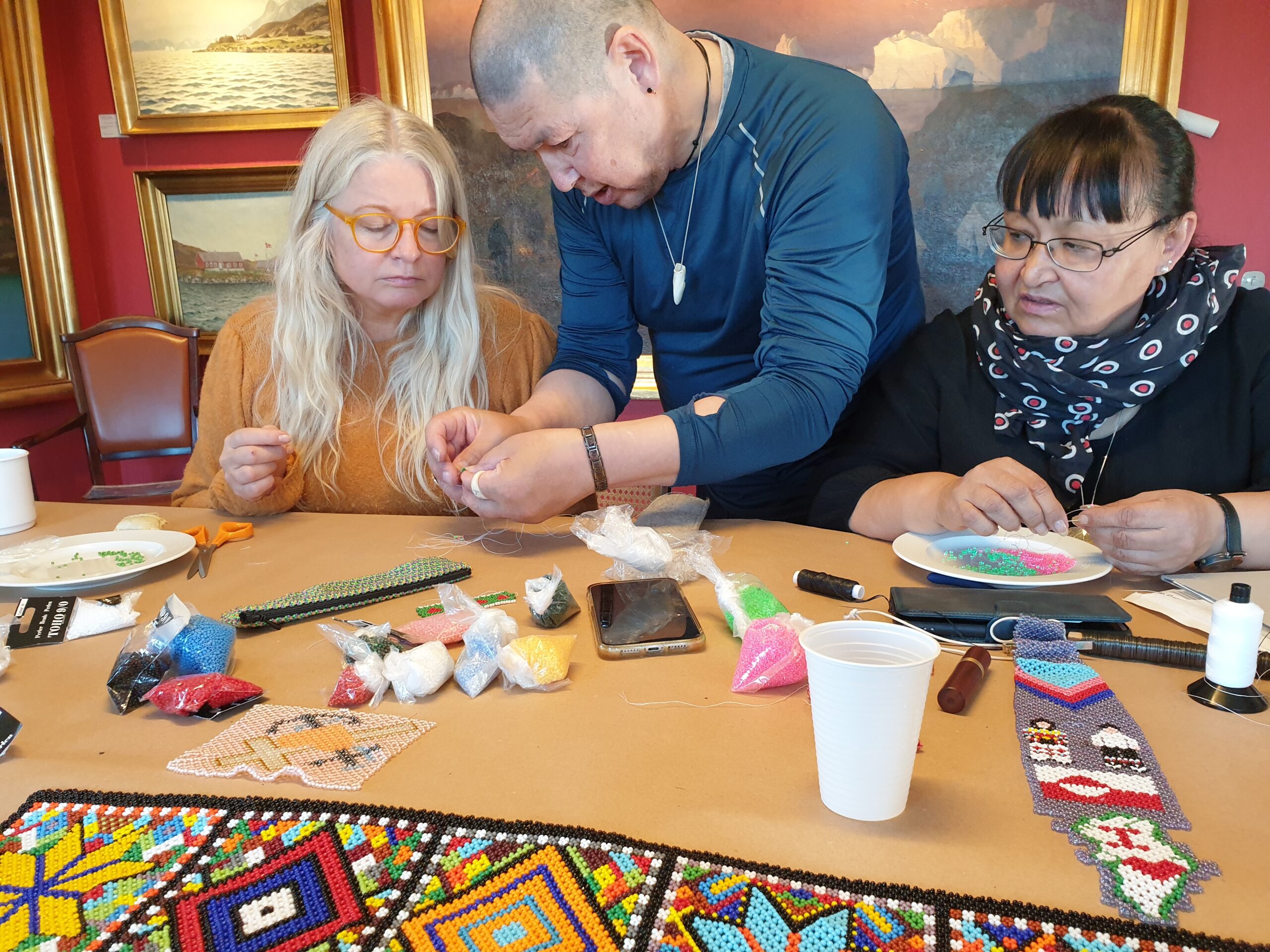
Breathing holes – an exhibition of art in crafts
Julie Bach has been on a research stay in Nuuk, where she over the course of four weeks worked in the sewing room Kittat to learn about seal skin preparation and sewing avittat.
Julie Bach was born on Rigshospitalet in 1979, but soon after the journey went to Nuuk, where the family was already living. When she was three years old, the family moved to Denmark. Surrounded by Greenlandic arts and crafts she grew up with the knowledge that her time began on the largest island in the world, and when her father died in 2014, her curiosity for the place she came from kindled.
Julie has an education from fashion design and works with sewing as an artform in her workshop in Aarhus. As a part of her project “Åndehuller” (breathing holes) she went on a research stay to Nuuk and Sisimiut, where she gained intimate knowledge about the whole process of working with seal skin.
For Julie it wasn’t just being handed seal skin, needle, and thread, but she participated in the entire process of preparing the skin, from it was delivered to Kittat, freshly flayed from the seal.
One thing Julie realised was, that the preparation of the seal skin is a physical process, in which you dig deeper and deeper under the skin of the seal. And at the same time, she felt that she dug deeper and deeper under her own skin. With the work she started to reflect on herself and her role in her family, her relation to her deceased father and her Greenlandic past.
Workshop about exchanging experiences between craft artists
Her experience from Kittat results in her art pieces, exhibited in the project “Åndehuller”, a cross-cultural exhibition, where Greenlandic and Danish artists exhibit their pieces of pearl sewing, embroidery, soft sculpture and threedimensional collage interpreting the meaning of “breathing holes”.
The other participants in the project are Najannguaq D. Lennert and Nikolaj Anguteq Kristensen from Greenland and Mette Kocmick and Marie J. Engelsvold from Denmark.
On the workshop the five artists held workshops for each other, that way sharing the knowledge and experience they have built up through the years, not just between artists, but also across cultures.
The exhibition “Åndehuller” has previously been shown in The Greenlandic House in Aarhus, and is currently being shown in Ilulissat Art Museum, until November 21.
The Project has been supported by NAPA, Great Greenland, Aarhus Kommune, Aage og Johanne Louis Hansen Fonden, Statens Kunstfond, Ellen og Knud Dalhoff Larsens Fond and Augustinus Fonden.
Other news
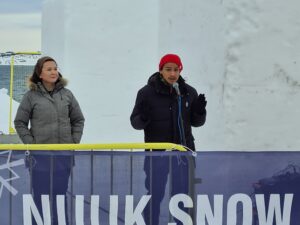
Nuuk Snow Festival 2021 has opened
Nuuk Snow Festival 2021 opened today, Thursday 4 March at 10, and will last until Sunday, March 7th. 8 teams from Nuuk will work with the snow blocks at Nuutoqaq for 4 days, and the award ceremony will take place on Sunday 7 March in
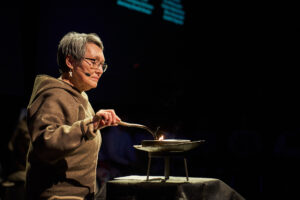
An Arctic week and a Nordic day
The 21st to the 26th of March 2022 featured a wide range of activities and festivities. First of all, the Culture House, Katuaq, made an event called Katuarpalaaq, the drum dance festival. Secondly, March 23rd was Nordic Day + the one-year anniversary for the Norden
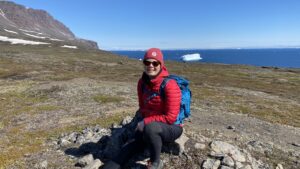
A grateful goodbye and thank you
After a short but memorable time with Anne Mette Gangsøy as director of NAPA, it is soon time to say goodbye to her. We do so with gratitude for all that Anne Mette has done in her time with us. As the director of NAPA,
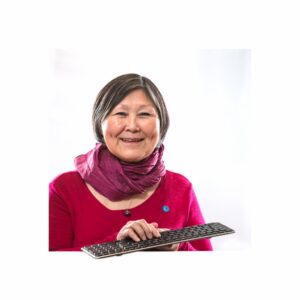
A new chapter for communications employee
Bula Larsen is a well-known face at NAPA’s office. She worked for NAPA back in 2000 to 2004. After having a desire to return to NAPA, she saw a job posting back in 2019, which she applied for and was offered. She accepted it without



